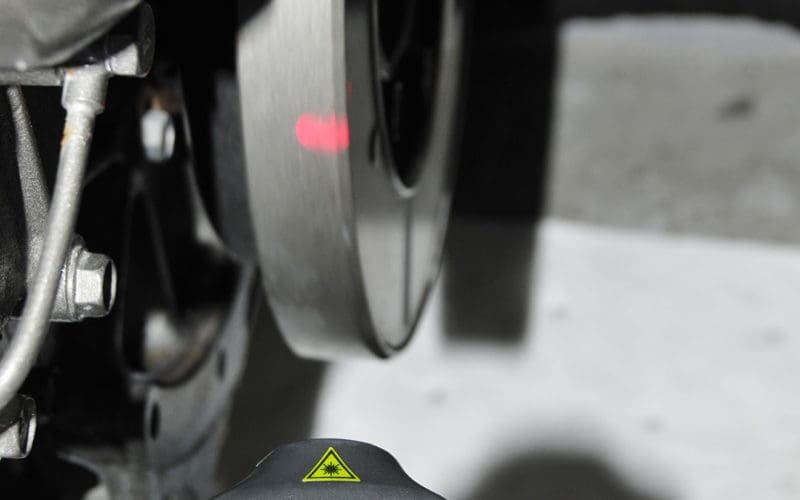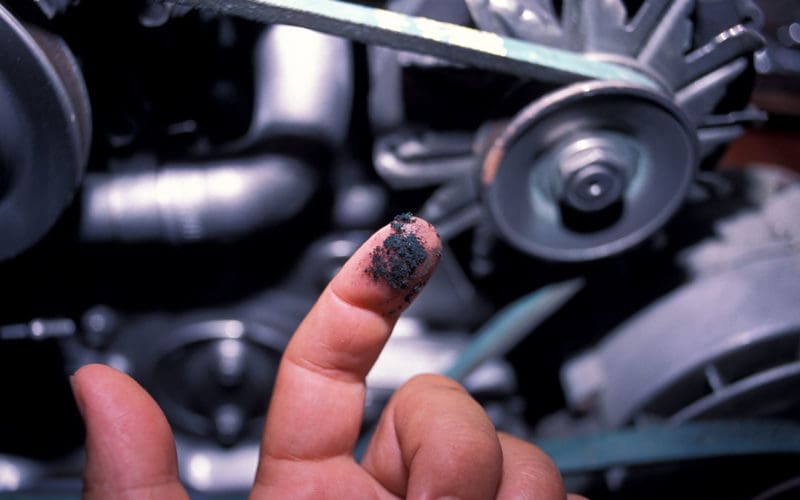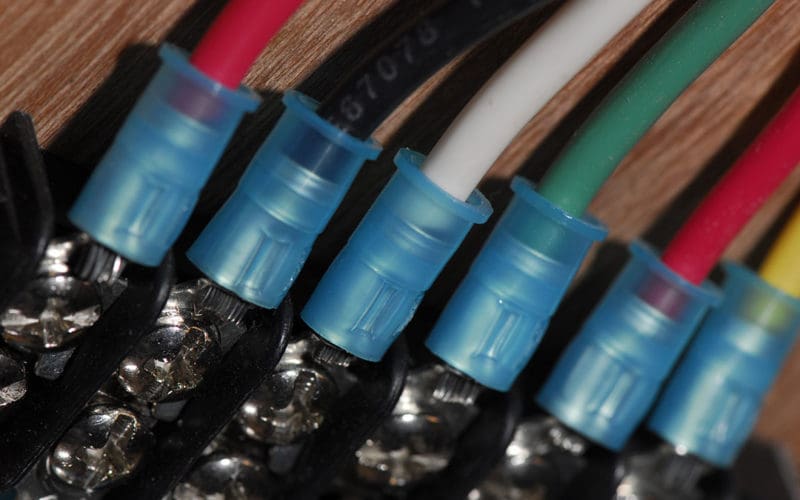31
Dec
Christy Steinman-Crawford Donnelly herded a fleet of 30 recreational powerboats on a 1,000-nautical-mile voyage down to Mexico, as communications director for the 2019 Cruise Underway to Baja Rally (CUBAR), a bi-annual cruise from San Diego to La Paz, Baja for 30 to 50 powerboats. It was an odyssey that included one medical evacuation at sea. Of course, that was not her first rodeo. Donnelly has navigated and sailed with the “best of the best.” She navigated the race boat Kialoa in Britain’s famous 1979 Fastnet Race; she navigated for Tom Blackhaller to win the 1980 Bermuda Race, and she was…




